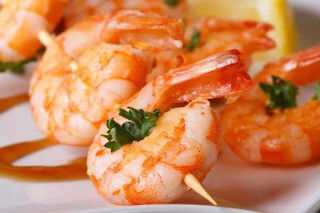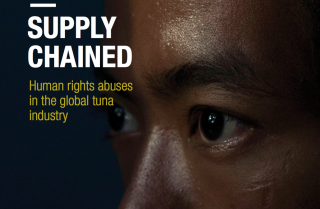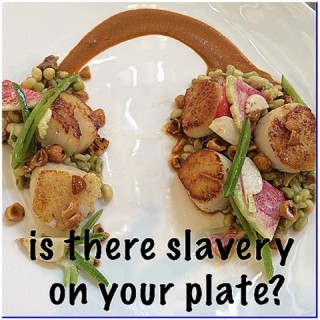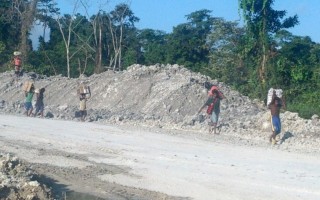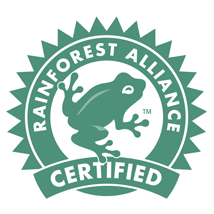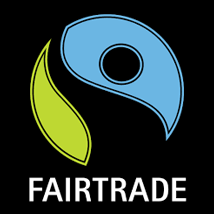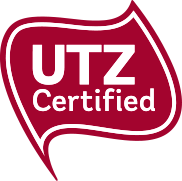This year the Melbourne film festival dove deep into the heart of an issue that currently baffles the Australian business community. Modern Slavery.
...The Ethical Warrior - Blog
Some pretty dodgy stuff has been revealed about fishing and seafood processing practices, particularly in South East Asia, over the last 18 months. And since no one wants to eat tuna or prawns that have been caught and processed by slaves who have been trafficked from some of the poorest countries, we’ve put together some of our insights on responsibly sourced seafood to help you make informed choices when selecting seafood from the supermarket.
Greenpeace is now beginning to focus on human rights violations in the supply chain.
In this week’s blog post we want to share a powerful report published by green peace exposing the truth about human rights violations in the Thai fishing industry, the tuna industry in particular. Its been widely reported for years that there is a myriad of human trafficking, forced labour and child labour in the workforce that harvests and processes tea, cotton, cocoa and coffee. Now the seafood industry is just emerging as an as another suspect. It’s not just Thailand either, the associated press won a journalism award recently for their work in uncovering the truth about slavery in the Indonesian fishing industry and the subsequent release of 2000 workers in forced labour conditions. You can read more about this here
It’s a normal Sunday in the Nicholl household, pouring over newspapers and world events, household chores and the neverending meandering of my forever active mind. Because I’m too lazy to buy a dryer after just having moved house, I’m currently in the Laundromat waiting for my sheets to dry and listening to the sound of my own thoughts. Example internal dialogue transcript: Who actually carries $20 worth of $1 coins these days? I wonder if the lady in the IGA would be cross if I asked her for change for the dryer without buying anything. Must call dad to arrange fathers day events... My legs hurt from the gym…. But amongst the randomness, what I was really thinking about was about an article in The Age on Saturday, ‘Consumers in the dark on seafood origins’.
...
Ever since the Nanna’s berries fiasco earlier on in the year, I find I have been looking at my food differently.
I have been buying things from the supermarket and I have been thinking, where has this been, who has touched it and how do you pronounce some of these ingredients? As a supply chain professional, it’s started me looking more closely at where the materials that go into our products originate.


